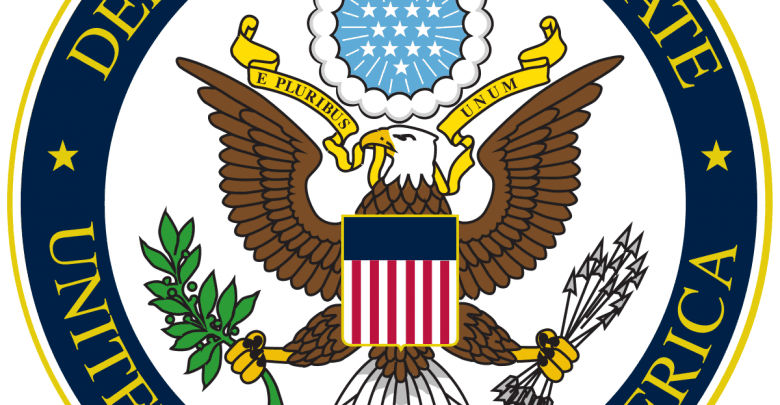
Georgia in State Department’s 2022 Report on Religious Freedom
On May 23, the U.S. State Department released a report assessing religious freedom in Georgia, highlighting concerns raised by local watchdogs and religious denominations.
Crimes, Conflict, Rhetoric
According to the report, in 2022, the Human Rights Department of the Ministry of Internal Affairs investigated 8 cases of religiously motivated crimes, down from 13 in 2021. The Public Defender’s Office received 4 complaints of discrimination or hate crimes based on religion, compared to 5 in 2021. Jehovah’s Witnesses reported 9 incidents against their group, including violence, vandalism, and theft from a kingdom hall, an increase from 6 incidents in 2021.
The Media Development Foundation (MDF) documented 98 instances of religiously intolerant statements across media platforms, predominantly expressing anti-Muslim sentiment, down from 117 incidents in 2021.
The report also shares the findings of Tolerance and Diversity Institute (TDI), which highlight documented instances of anti-Semitic statements shared on social media. It includes two statements reposted by clergy from the GOC. The statements targeted the late human rights defender Vitaly Safarov and his family, along with anti-Semitic remarks directed at Ukraine’s President Volodymyr Zelenskyy. On February 28, the NGO Israeli House reported the discovery of a swastika drawn on the wall of the Jewish cemetery in Tbilisi’s Samgori district.
State of Religious Freedom in Occupied Regions
According to the report, de facto authorities in Russia-occupied Abkhazia and South Ossetia faced criticism from religious leaders for placing restrictions on certain religious groups, including partial bans on Jehovah’s Witnesses’ activities. While the Georgian Orthodox Church (GOC) and Russian Orthodox Church (ROC) recognized Orthodox churches in both regions as part of the GOC, GOC officials stated that de-facto authorities in South Ossetia pressured Orthodox churches to merge with the ROC. Meanwhile some religious figures in Abkhazia continued to support turning the region’s Orthodox churches into an autocephalous Abkhaz Orthodox Church.
De-facto authorities in South Ossetia deemed GOC religious services illegal but allowed them in practice, while GOC clergy were barred from entering Abkhazia. Furthermore, the report notes: “Representatives of the GOC remained unable to travel to or conduct services in Russia-occupied Abkhazia, including in the majority-ethnic-Georgian Gali District”.
Georgian Orthodox Church
In line with previous reports, the document highlights that the Georgian Orthodox Church (GOC) enjoys exemptions from certain requirements that other religious groups must adhere to. These include exemptions from the payment of taxes on the construction, restoration, and maintenance of religious buildings and the payment of taxes on property. The GOC has exclusive rights to acquire nonagricultural state property through direct sales, while other groups must participate in public tenders.
The report notes, that the Parliament once again failed to comply with a court order to end exclusive tax and property privileges for the GOC and extend them to other religious groups.
Worries of Muslim Community
The State Department emphasized the unresolved legal dispute over a mosque in Batumi and the lack of progress in numerous religious property cases. Muslims once again raised concerns about the lack of government transparency in mosque construction decisions. Certain Muslim groups faced challenges in obtaining government recognition of their ownership of religious properties.
Muslim leaders and NGOs alleged government influence and favoritism towards the state-funded group, All Muslims of All Georgia (AMAG).
The Constitutional Court had not made a decision on whether to hear a case brought by nine Christian and Muslim religious organizations challenging restrictions on the rights of non-GOC religious organizations to acquire state-owned property.
Tensions persisted between Muslims and Christians in Buknari Village, Chokhatauri District, Guria Region, following intercommunity clashes in 2021 stemming from an assault on two teenage Muslim boys by a group of Christians, as reported by the Social Justice Center and local sources.
Also Read:
- 03/06/2022 – Georgia in State Department’s 2021 Report on Religious Freedom
- 11/06/2020 – Georgia in State Department’s 2019 Report on Int’l Religious Freedom
This post is also available in: ქართული Русский